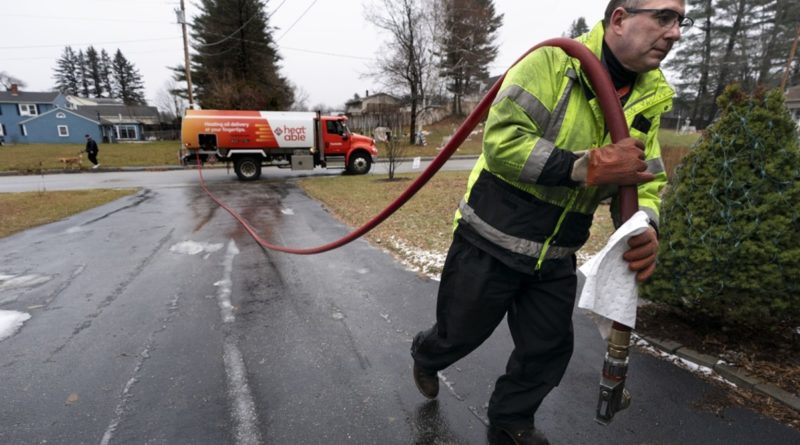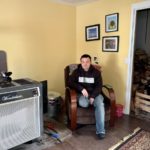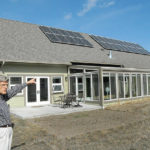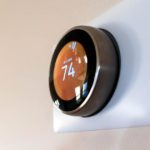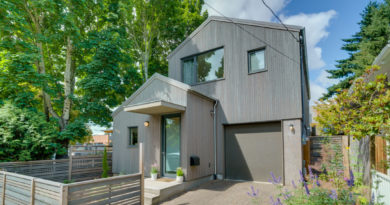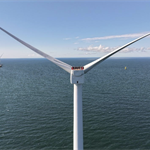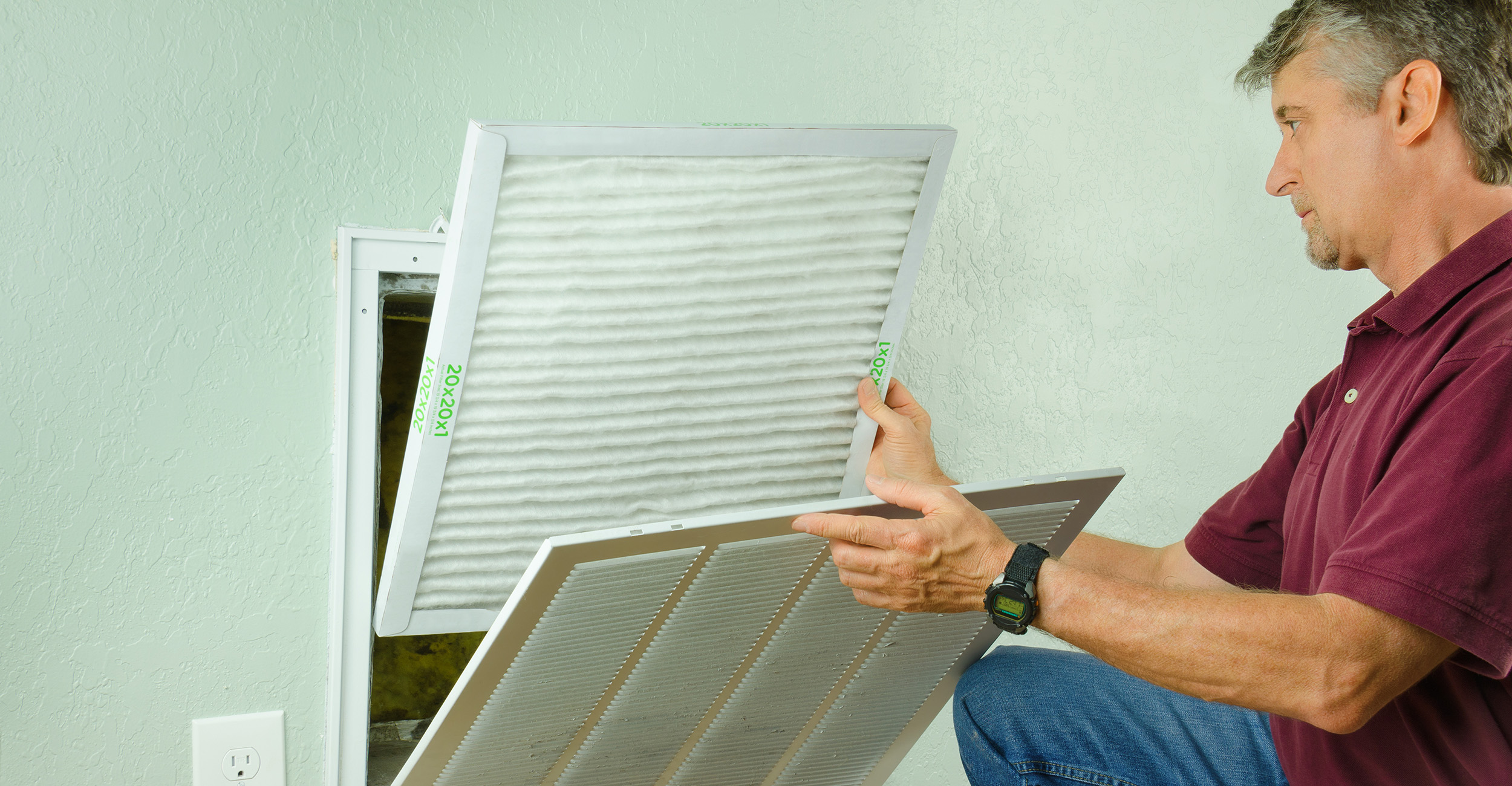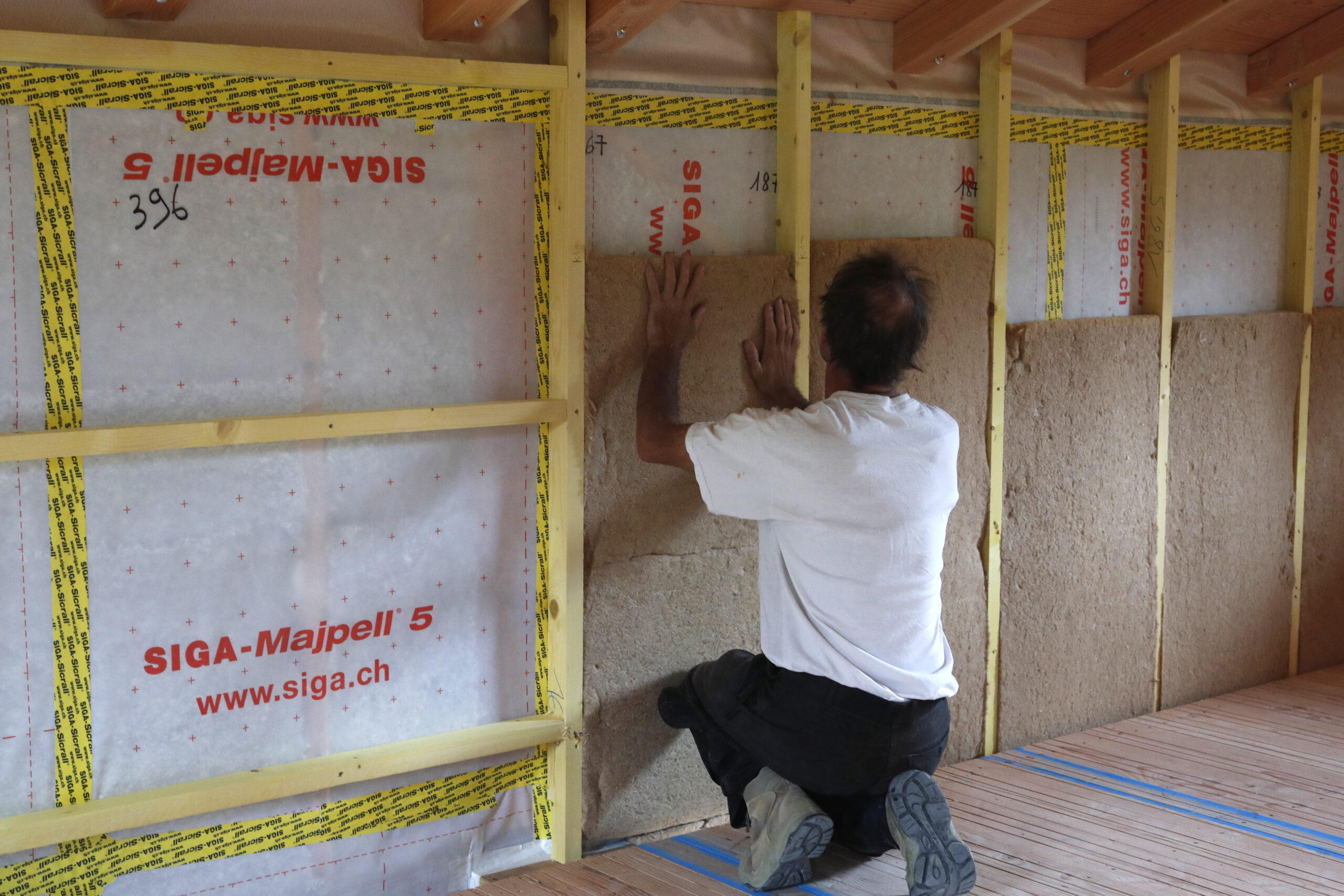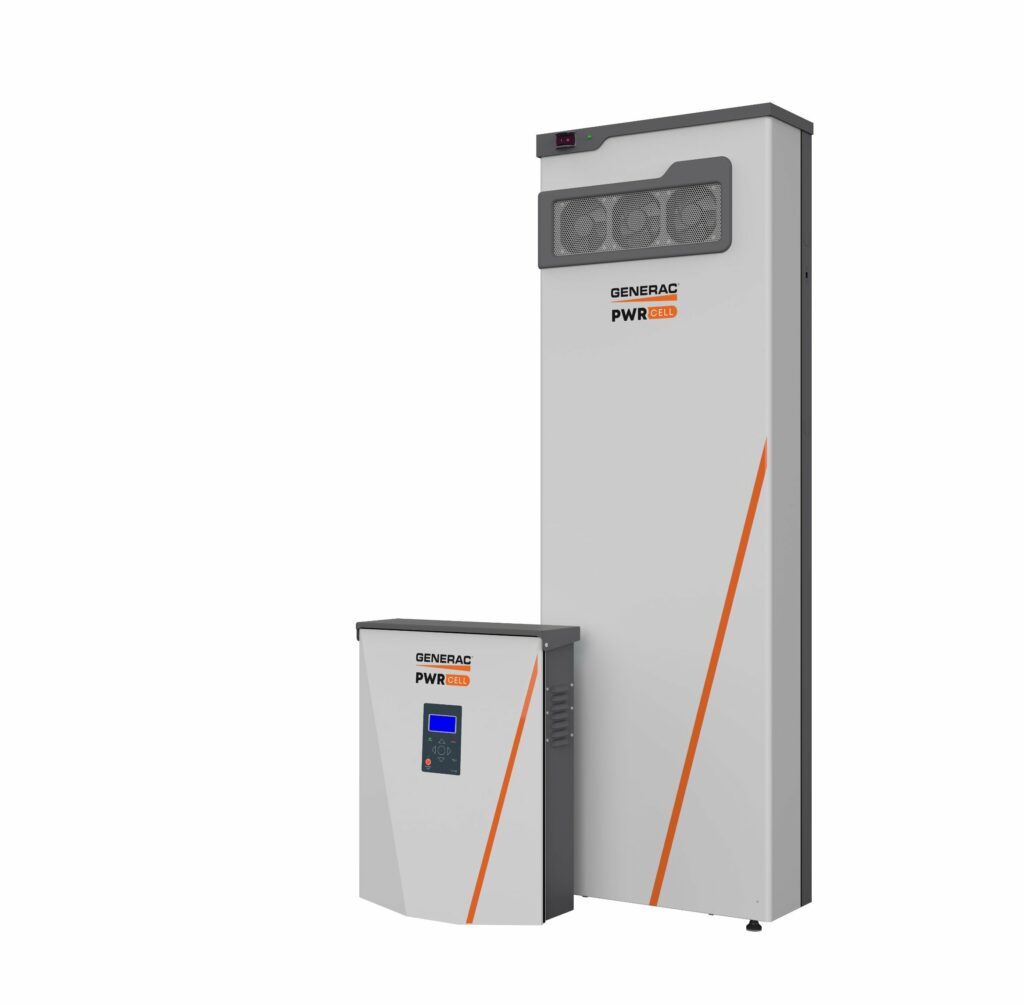3 steps to cheaper, comfortable and climate-friendly home energy – Bangor Daily News
Energy Disrupter

Cutting back on planet-warming emissions from Maine homes will be a big hurdle as the state seeks to help fight climate change by becoming carbon-neutral within just over two decades.
The state relies more than any other on oil to heat its aging housing stock — just one of many factors that make buildings Maine’s second-largest source of emissions after transportation.
But there are steps homeowners can take to shrink their home footprint, helping them save money and live more comfortably while contributing to collective progress on climate change.
The Mount Desert Island-based advocacy group A Climate To Thrive shared some of these tips with residents in a webinar Thursday night, including information on home solar and solar subscriptions, electric vehicles and other big-ticket upgrades.
Residents can also start smaller to shave their energy use. Here are three upgrades to consider.
Button up your drafty house with air sealing and good insulation
Co-owner Matt Damon of Penobscot Home Performance in Bucksport said air leaks can represent up to 40 percent of a home’s heating and cooling costs, especially in Maine’s typically older, larger houses.
“Uncontrolled air leakage can cause a lot of problems,” Damon said. “It costs you money because you’re using energy. It makes your house uncomfortable because it’s drafty. It increases your carbon footprint because you’re losing all this energy, no matter how you heat.”
He explained that warm air tends to leak out of the top of a house — such as from attics, recessed lighting and wiring, fans, chimneys and plumbing stacks. In its place, cold air will come in through the bottom of the house — places like basements, windowsills or dryer vents.
Damon said it’s well worth it to hire a technician who can search out and seal these leaks, which can exist even in newer homes. Efficiency Maine offers thousands of dollars in rebates for air-sealing projects, and some local “weatherize” programs offer bulk discounts.
“The leakier your house is, the more opportunities there are to save money and make your house more comfortable,” Damon said.
Alongside air sealing, he recommended checking the quality of your insulation throughout the house, even in bonus rooms and crawl spaces, to “get a little more bang for your buck.”
Damon recalled one button-up project his company did years ago that cut a home’s oil use in half. He said Maine overall uses 250 million gallons of heating oil a year — so there’s a lot of potential progress to be made, even before changing heating sources.
“If we can just get a 25 percent reduction in fuel use through air sealing, added insulation, you know we’ll knock off 10 million metric tons of CO2,” he said. “It’s like three full coal plants being removed just from this one thing, so it’s a big deal.”
Upgrade appliances and smaller things that use energy, from light bulbs to shower heads
College of the Atlantic energy director David Gibson said homeowners can seek ways to save on energy, costs and emissions at all levels of their house. Replacing your light bulbs with LEDs will pay off quickly, he said, even in rooms where you don’t often turn on lights.
A high-efficiency shower head will save tens of thousands of gallons of water a year, “and more importantly, it (saves) all of the energy it takes to heat that water, which puts a lot of money back in your pocket,” Gibson said. “A low-flow showerhead will pay for itself in about a month.”
And if your fridge was built before 2000, he said, it’s time for an upgrade — newer models are required to be at least about three times as efficient.
Use state rebates to install heat pumps for air and hot water
Gibson said his air-source heat pump has worked perfectly at his home in Belfast through the past four winters, with a wood stove as a backup in case of a power outage.
Modern heat pumps, he said, are vastly better than their older counterparts at providing hot air when it’s below freezing outside.
“Today’s equipment is highly sophisticated and blows nice hot air out,” he said. “Besides the wood stove, this is my cat’s favorite spot in the house, right in front of the heat pump in the winter time where it’s blowing hot air in his face.”
The heat pump also provides cool air in the summer, with about one-third the electricity use of a window unit air conditioner. And a heat pump water heater, he said, uses about 70 percent less electricity than a traditional electric resistance tank, saving hundreds of dollars a year.
He encouraged homeowners to look into rebates, grants and loans offered by Efficiency Maine for these upgrades, which are a key part of the state’s efforts to decarbonize its buildings.
Story by Annie Ropiek, Spectrum News
To get more local news, activities and weather in Maine, download the Spectrum News app.
Original Source: https://bangordailynews.com/2022/01/18/news/3-steps-to-cheaper-comfortable-and-climate-friendly-home-energy/

